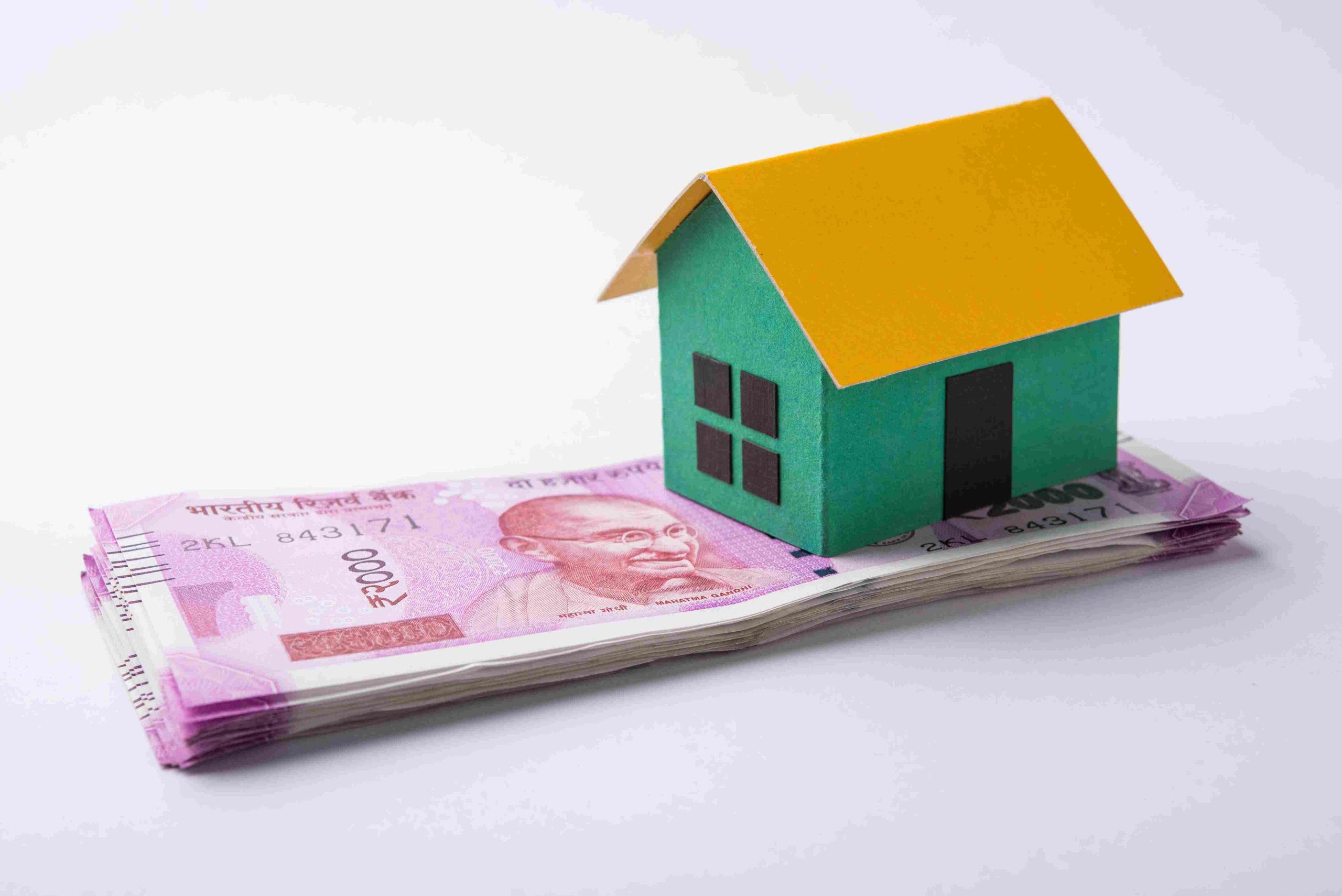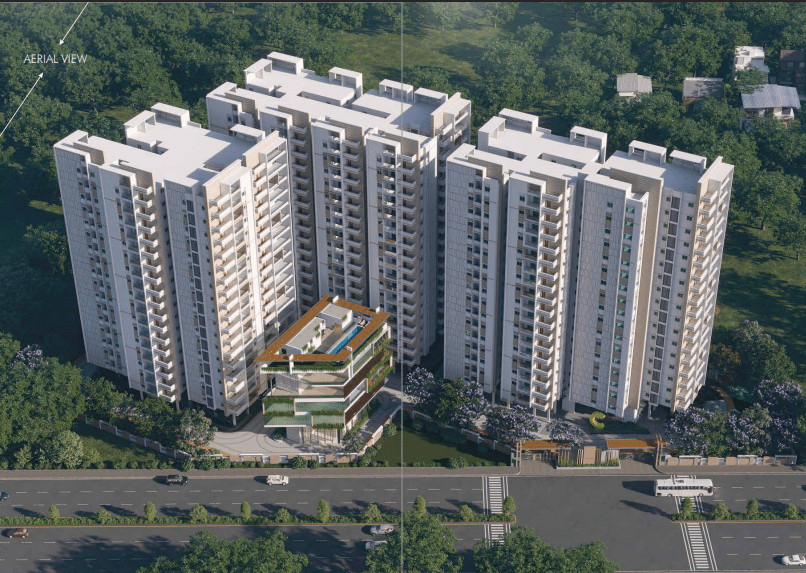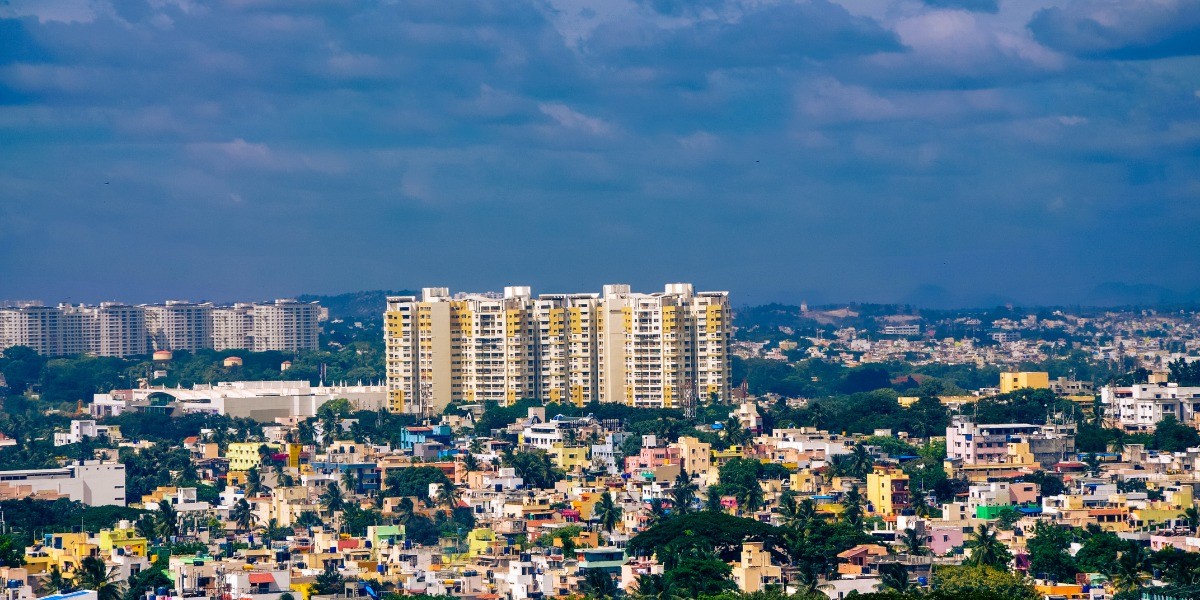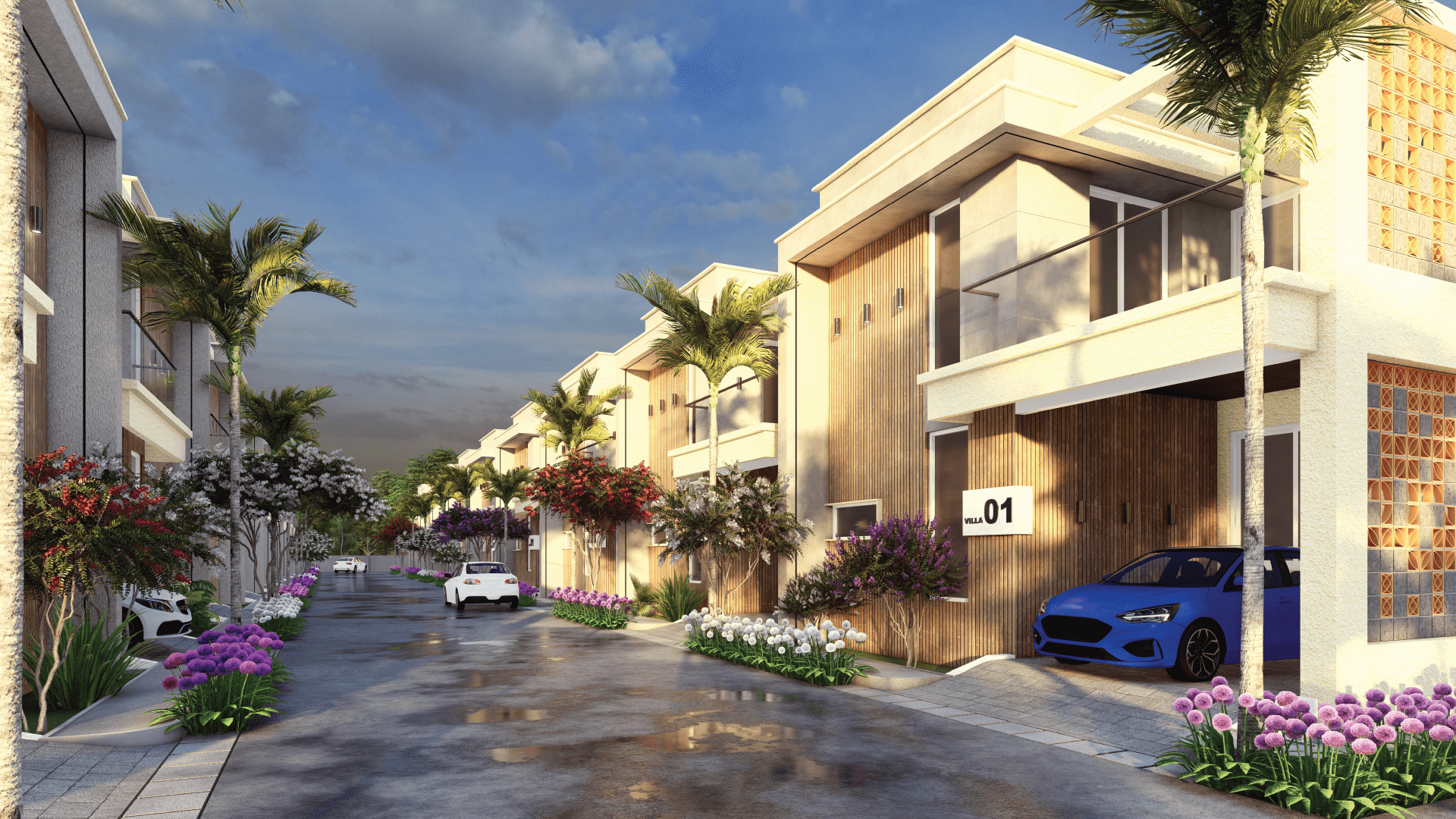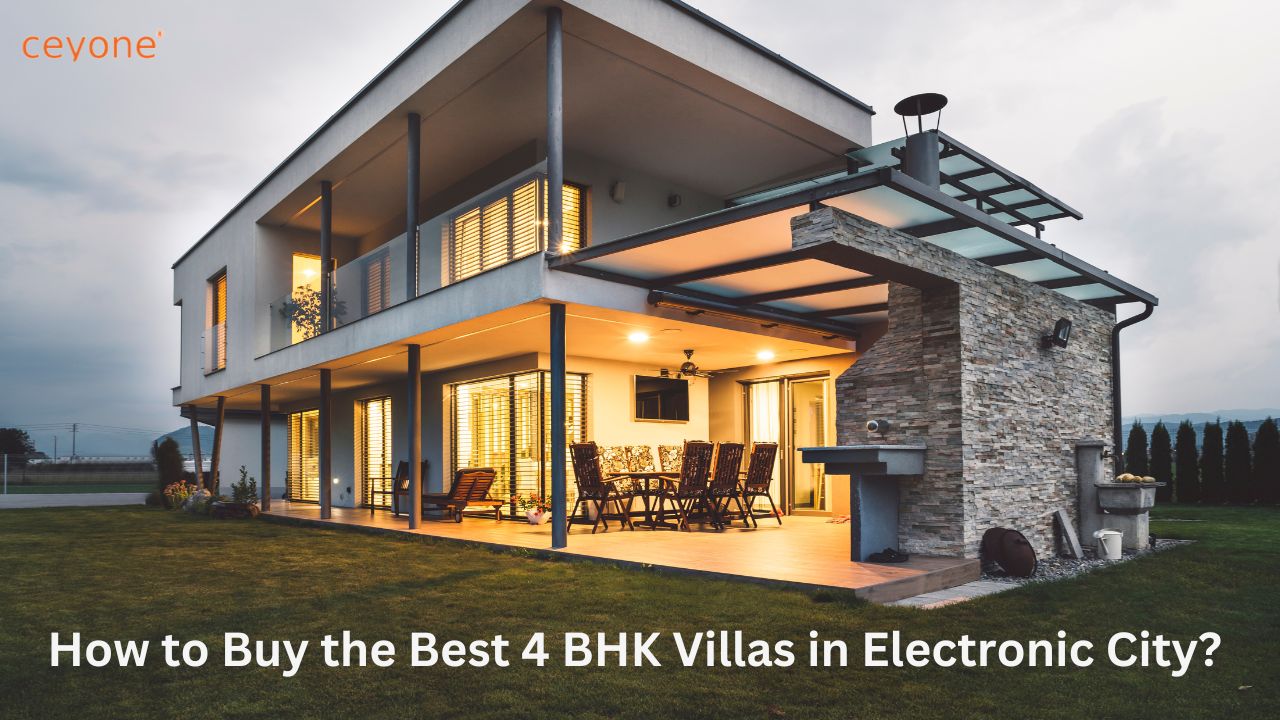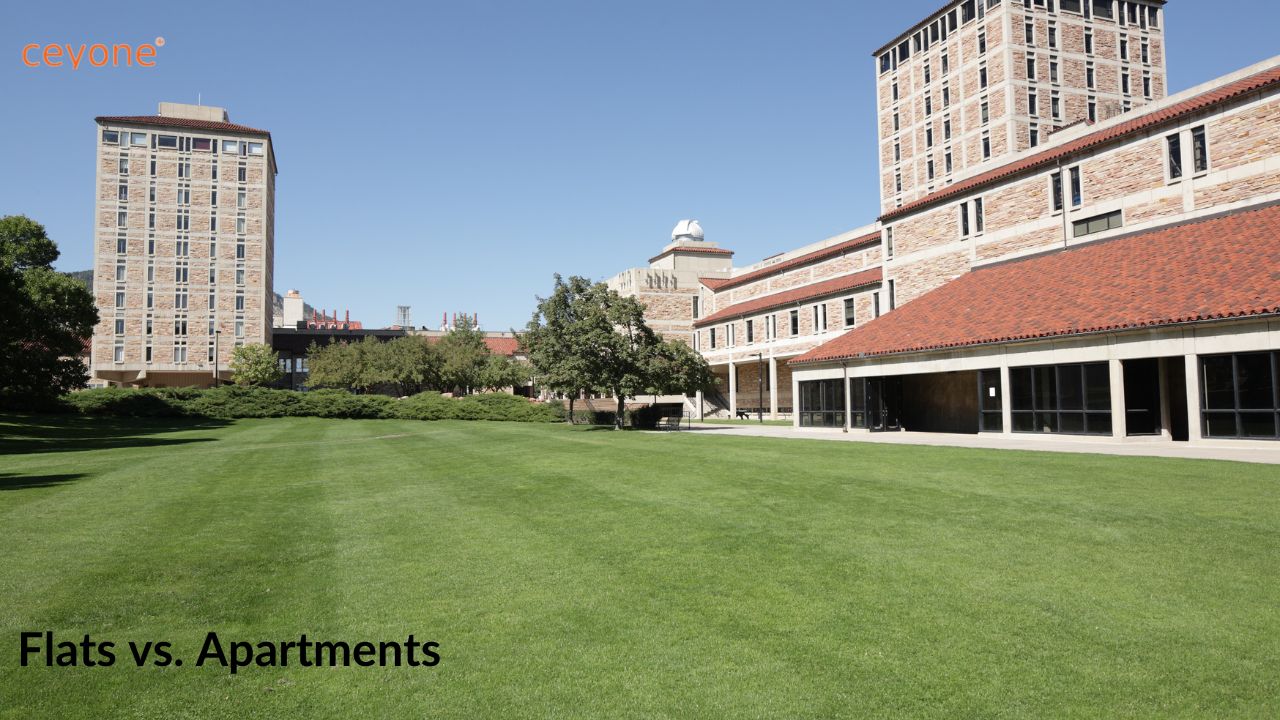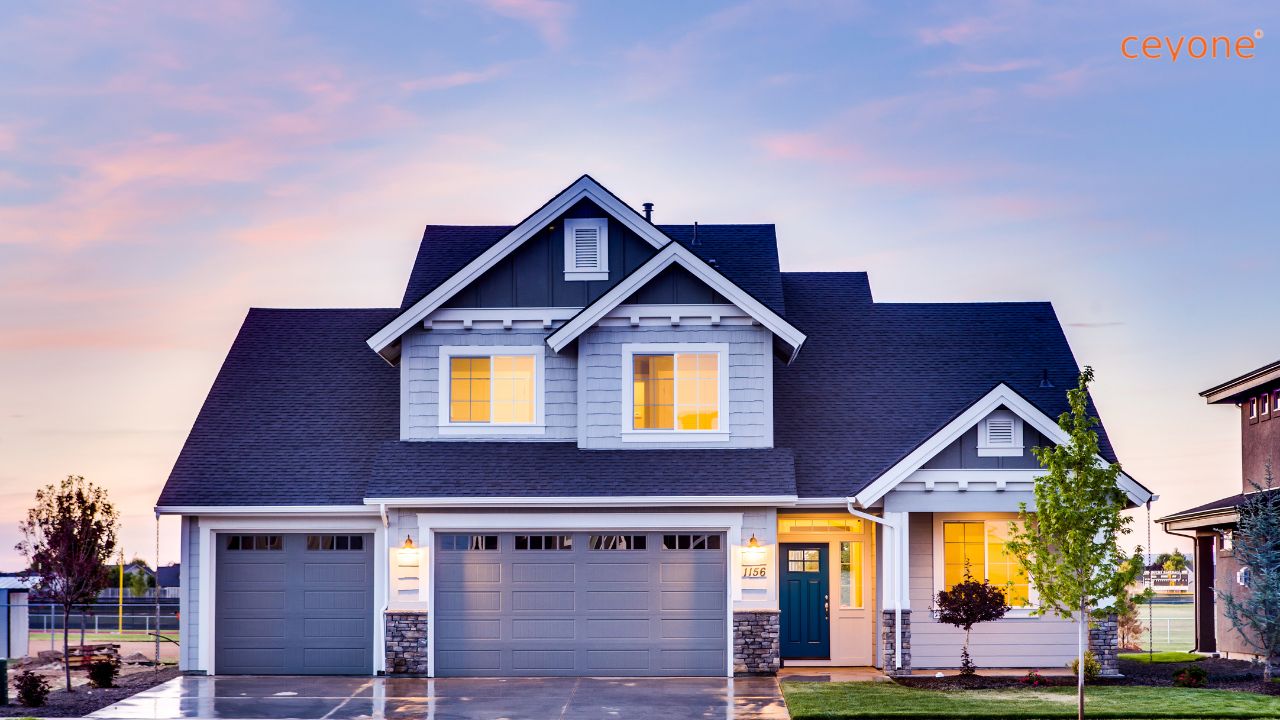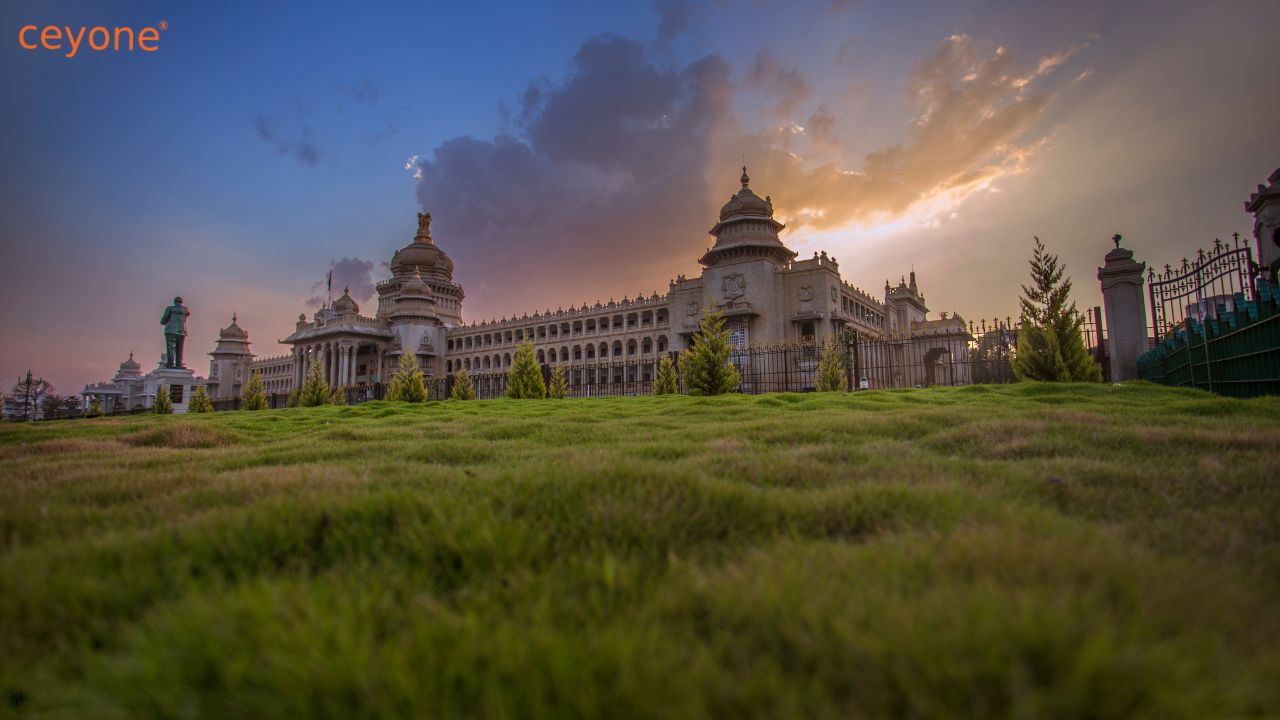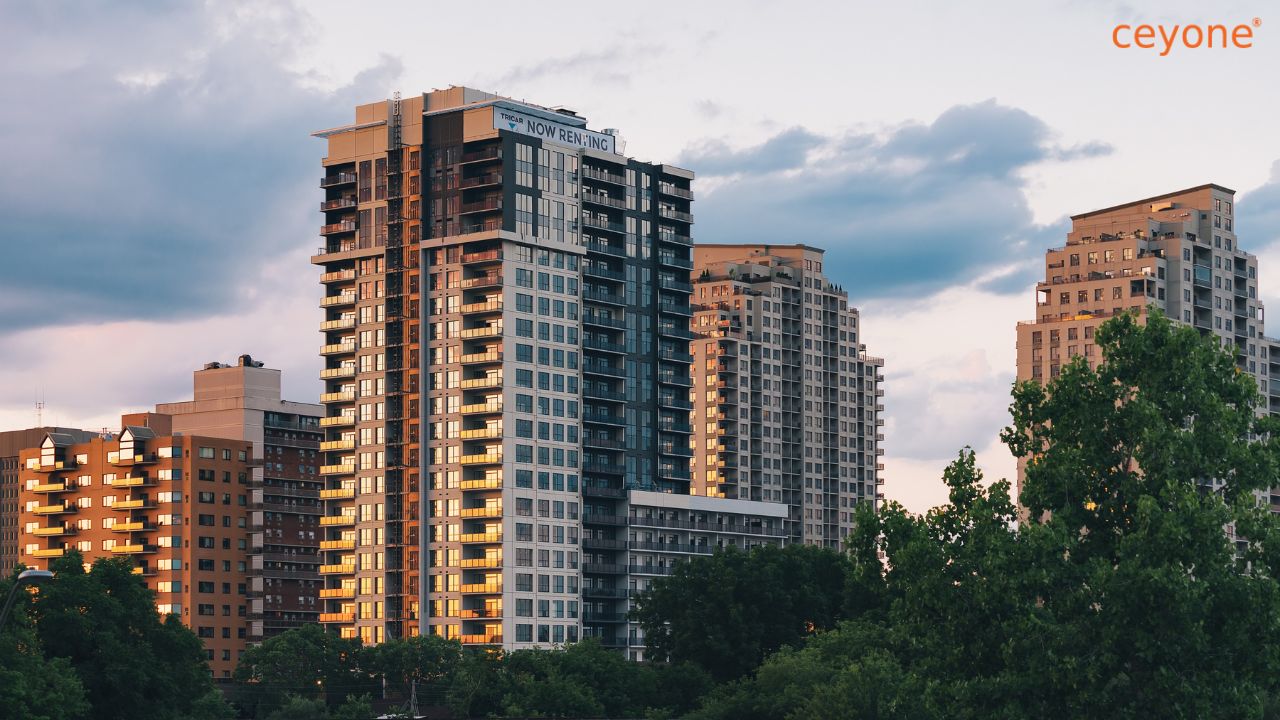What is included in the Total Property Cost in India?
Do you know the hidden charges of buying property in India? Governmental, preferential location, covered parking, infrastructural development charges and more.
While proper search can be a Herculean experience, the elements included in property cost are way more complex. People opt to buy property depending on their ability to finance. So, understanding and evaluating the actual expense is the first step in property buying in Bangalore.
Contrary to expectations, there is always a difference in the price quotes by the real estate developer and the actual cost of ownership. Hidden charges and additional expenses can derail your financial goal for good.
Many people have a general idea about what goes into the real estate costs calculation such as building, land, and material costs. It’s called Basic Selling Price (BSP). BSP includes an Undivided Share (USD) of the land with material and labour costs.
When you buy property, a certain share of that land is listed under the name of its owner. Then, some additional expenses add up to roughly 25% of the total property cost, varying from street to state. Here’s what’s more!
Preferential Location Charges
What’s the first thing that pops up when you look for houses for sale? LOCATION, LOCATION, LOCATION. Location charges are levied on all units of an apartment with an advantage over the other on a per square foot, per floor basis. It’s apparent that if the houses for sale are at a prime location, demand is high, hence the price. Similarly, the greater the square footage, the higher the price.
Then, there are corner houses for sale with 2 sides open. Real estate close to streets, parks, reserved forests or villa housing societies get a clear or green panoramic view of the horizon with floor rise, hence floor rise charges. Delhi real estate market demands ground floor apartments whereas Bangalore real estate market demands higher floors leading to prices directly proportional to demand.
Car Parking Charges
As per RERA rules for parking allotment in India, the Supreme Court made it illegal for real estate developers to charge for parking considering it’s part of common facilities. Builders cannot sell parking spaces separately which was quite prevalent till 2010 when a hefty amount of 2-5 lakh was charged for covered parking spaces. Now, these charges are levied indirectly by adding to the basic selling price of the real estate.
Maintenance Charges
While it might lift the uncertainty of rentals, buying property in a housing society includes initial maintenance fees for various amenities offered. The amount may be based on a range from 1-10 years or monthly. Note that, if the amount exceeds Rs 7,500/month, 18% GST is added.
Functional Amenities Charges
Speaking about recreational amenities, there are mandatory functional amenities namely fire safety, water supply, and electricity backup whose charges are added to the total cost of the property by the real estate developers. What’s more, in addition to paying external electrification charges, you have to bear the cost of getting an electric connection to your home.
Infrastructure Development Charges
Real estate developers are entitled to pay a certain percentage of the amount to the state government for the surrounding areas’ infrastructural development such as roads which is eventually passed on to the buyer.
Government Charges
Besides real estate developer charges, the government levies charges in the form of taxes on home buyers such as:
Goods and Service Tax (GST)
GST is levied, differently for different segments, for under-construction properties. It’s 1% for affordable housing priced up to Rs 45 lakhs and 5% for luxury houses for sake without ITC priced above Rs 45 Lakhs. GST tax is not payable if you are buying a ready-to-move new apartment. Land purchase also does not include GST.
Registration Costs
This is the most important part of real estate purchase. Registration in the registrar’s office is essential to hold legal ownership of the real estate. The government levy a stamp duty of about 3.5-12.5% on legal documents in asset or property transfer. This is mandatory when you buy property and authenticate purchases.
A registration fee of about 1-3% of the market value is charged for real estate registration processing. In government schemes in some states, females and rural areas benefit from lower stamp duty charges. The charges, determined by the government, vary across states and within as well from rural to urban areas. Knowing the additional costs included or imposed in the total selling price of the property helps you to negotiate the deal. For more details on hot properties, best deals, real estate market surveys and home loans, contact www.theceyone.com.
